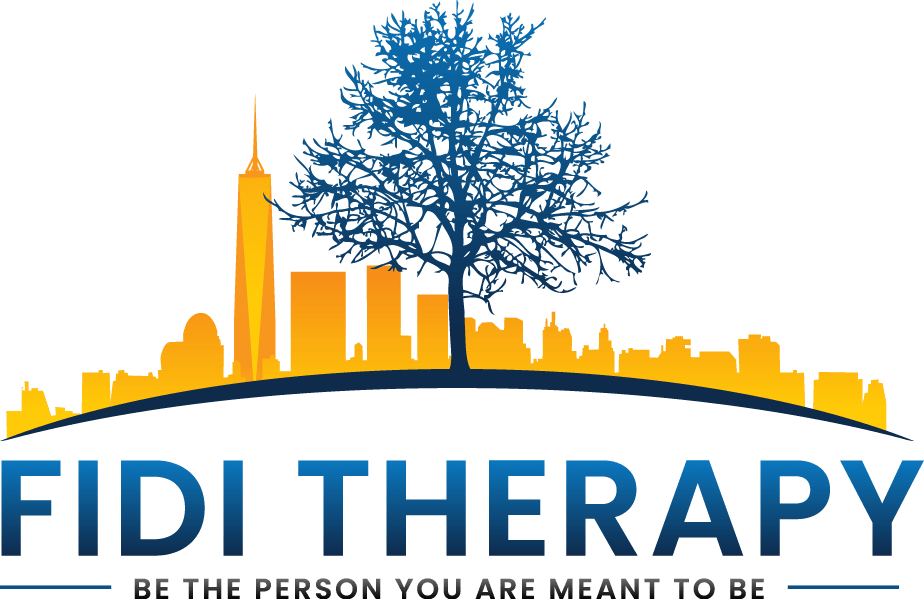If I were to ask you to complete this sentence, “I am…” How would you do it? Many people would write, “I am a professional.” “I am married.” “I am a parent.” Yet others may write, “I am me.” Now, see if you can answer this question, if you stop being a professional, married or parent, then will you no longer be you? Of course not. Since there is a part of you that can notice being those things, then is it fair to say that those things aren’t entirely you? There is the noticing you. This is what we call the observer self—the part of us that notices our thoughts, emotions, behaviors, and everything else about us.
The observer self is not anything we can describe. It’s isn’t tall or short, a specific color, race or has a temperament. It’s the part of you that cannot be judged. It’s in all of us and does not age. We can, however, connect to our observer self and possibly connect to the self of other people.
Remember the last time you had a passionate conversation with a friend? The kind of conversation where the time goes by without anyone noticing it, the kind of conversation where your bodies almost melt away, and you become talking heads? What you are connecting to is the other’s self, and they are connecting to yours.
How is this helpful?
The first question to ask is, what is one of our most problematic behaviors? When we judge ourselves and others, we develop expectations that are often not met. When our expectations are not met, we become critical of ourselves and others. Answering the above question with “I am” removes the judgments and expectations from ourselves and others. When we remove them, we can be more understanding, accepting, kind, and compassionate. These are healthier, prosocial behaviors than judgments.


